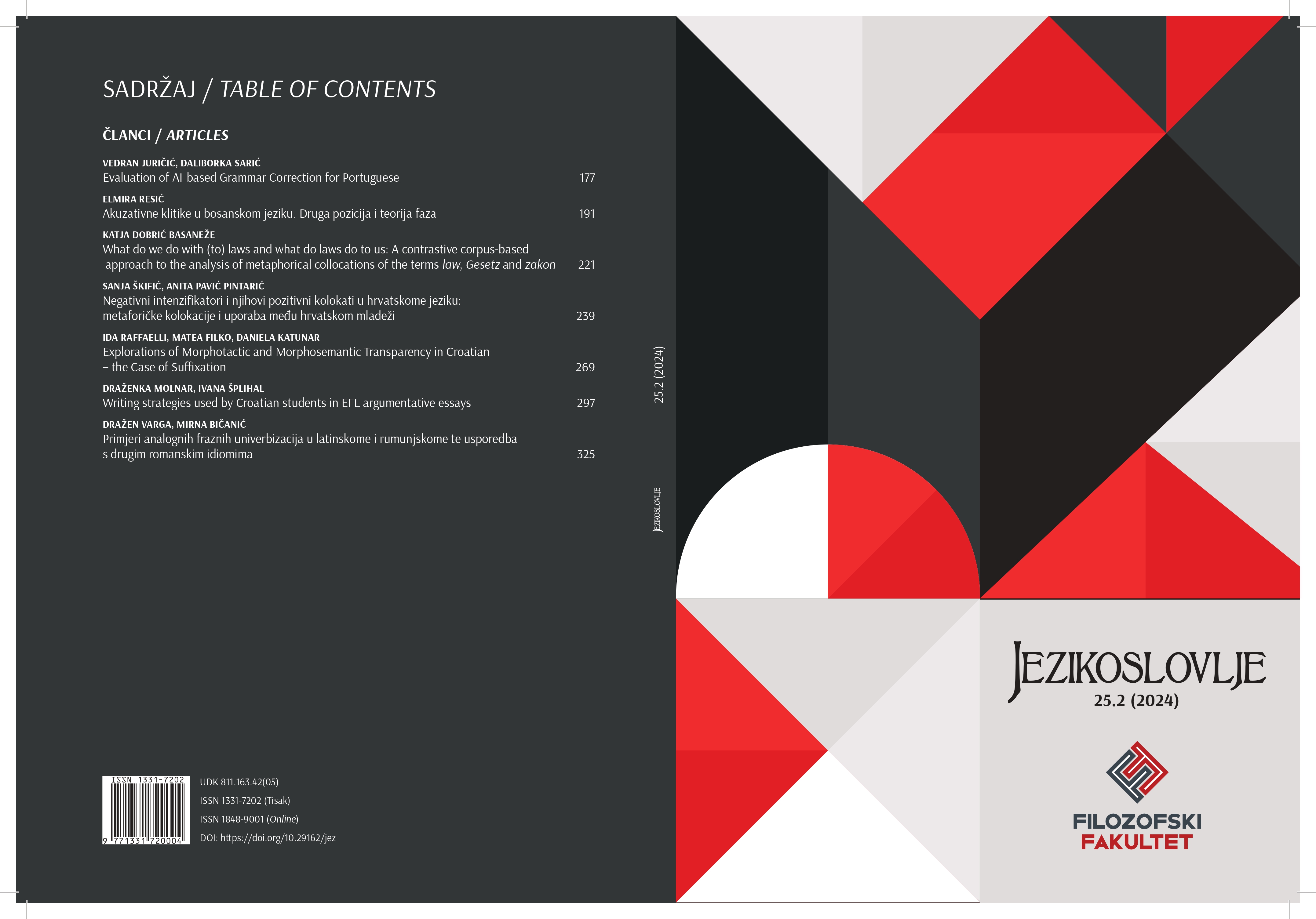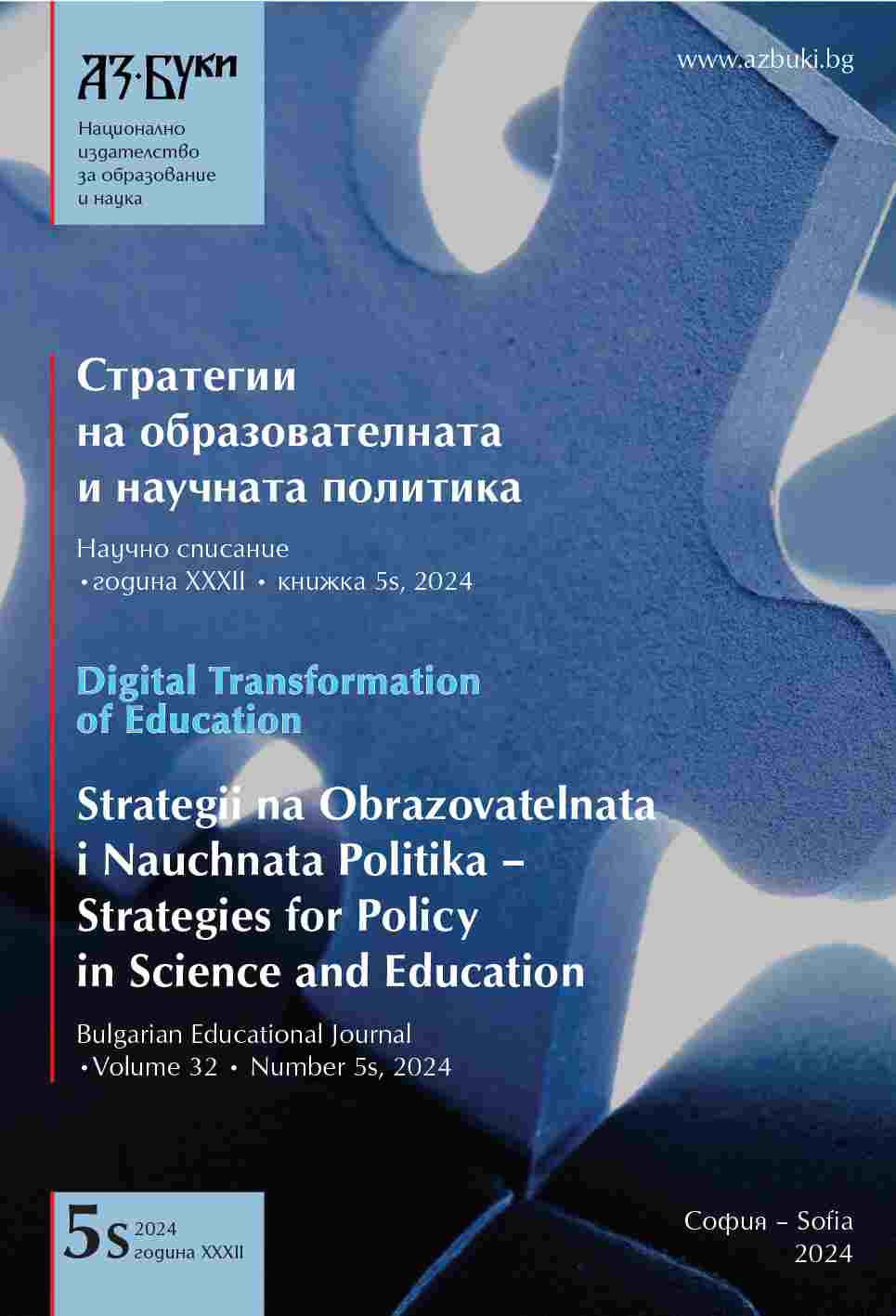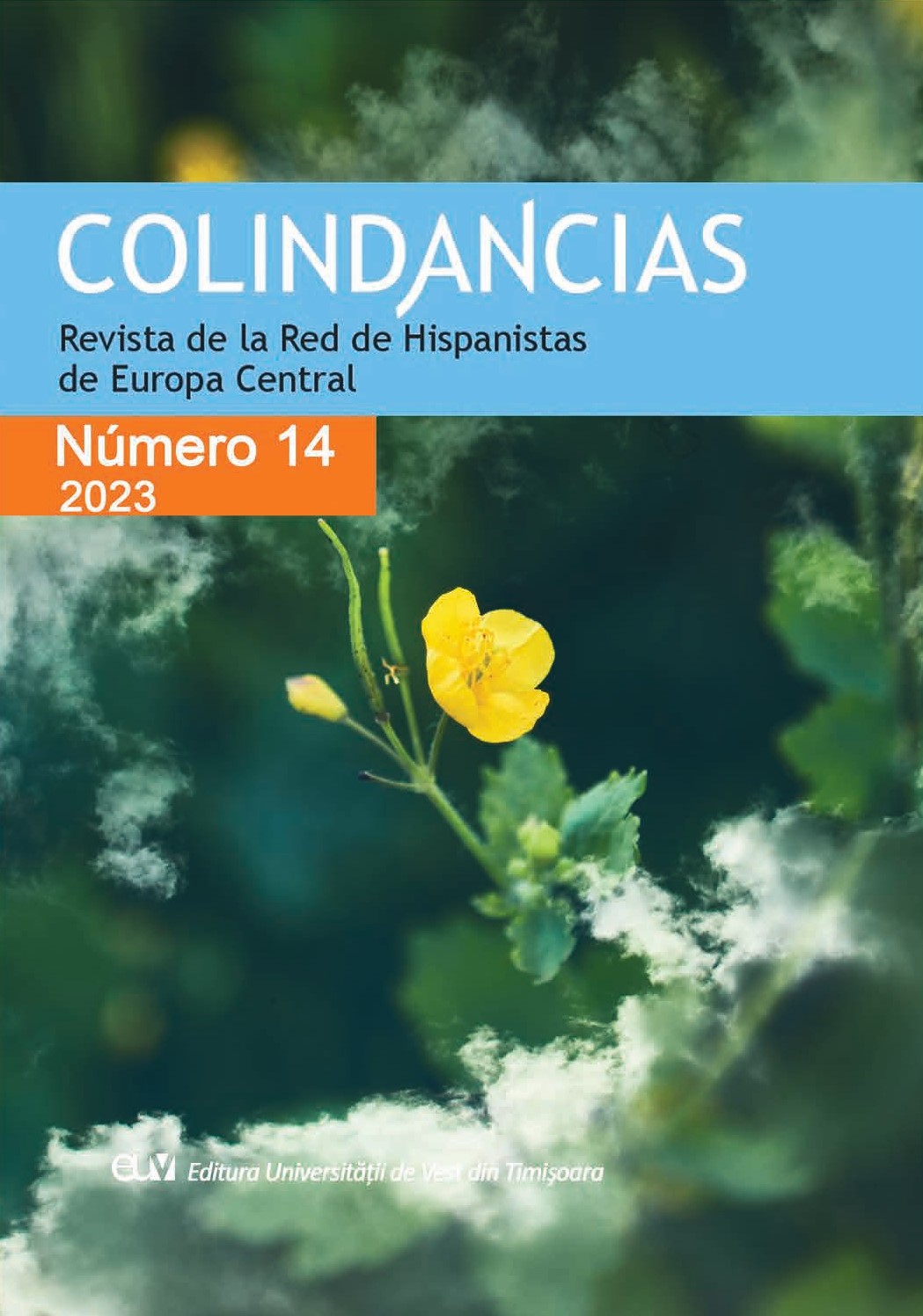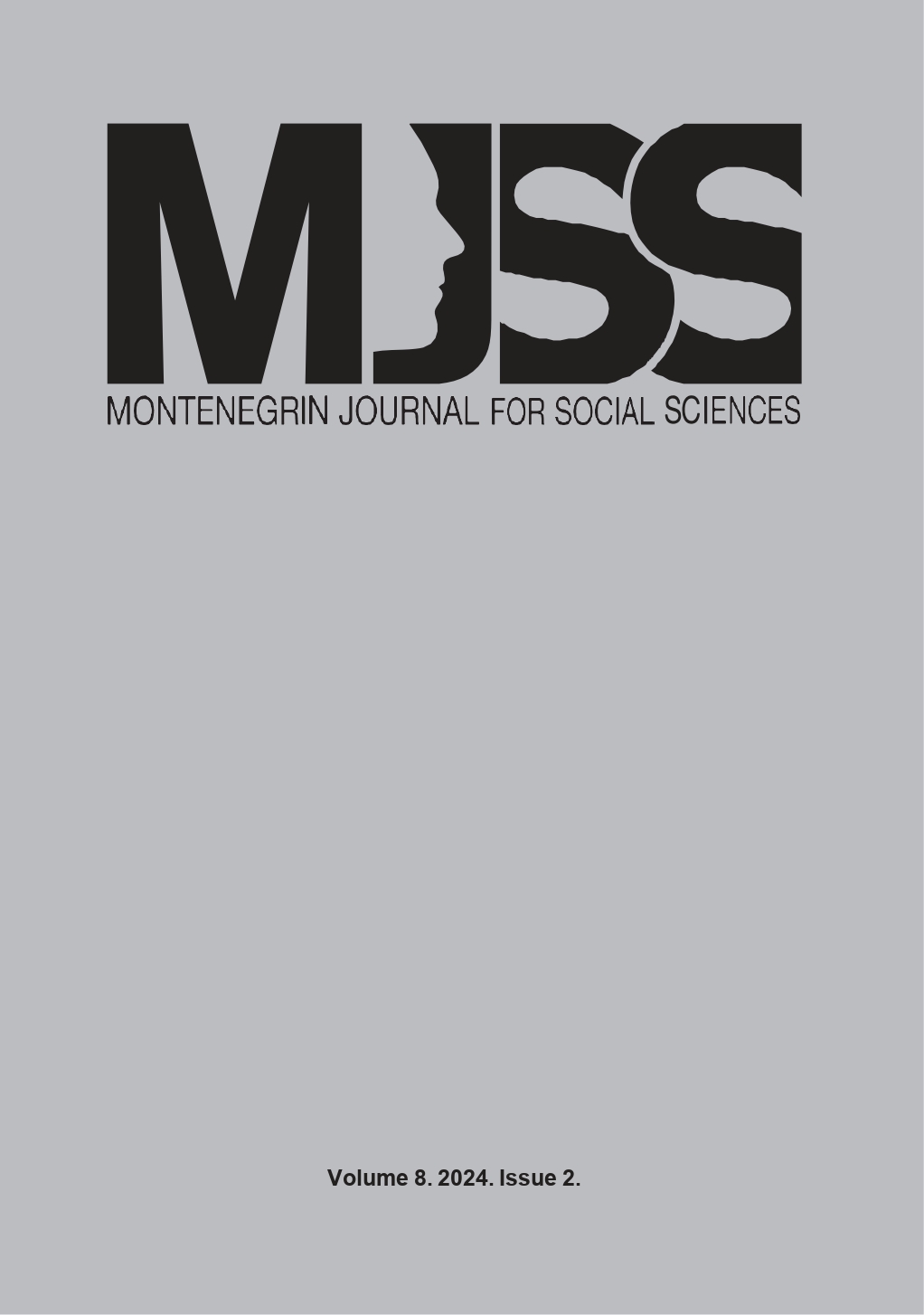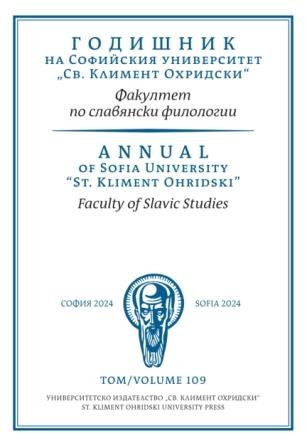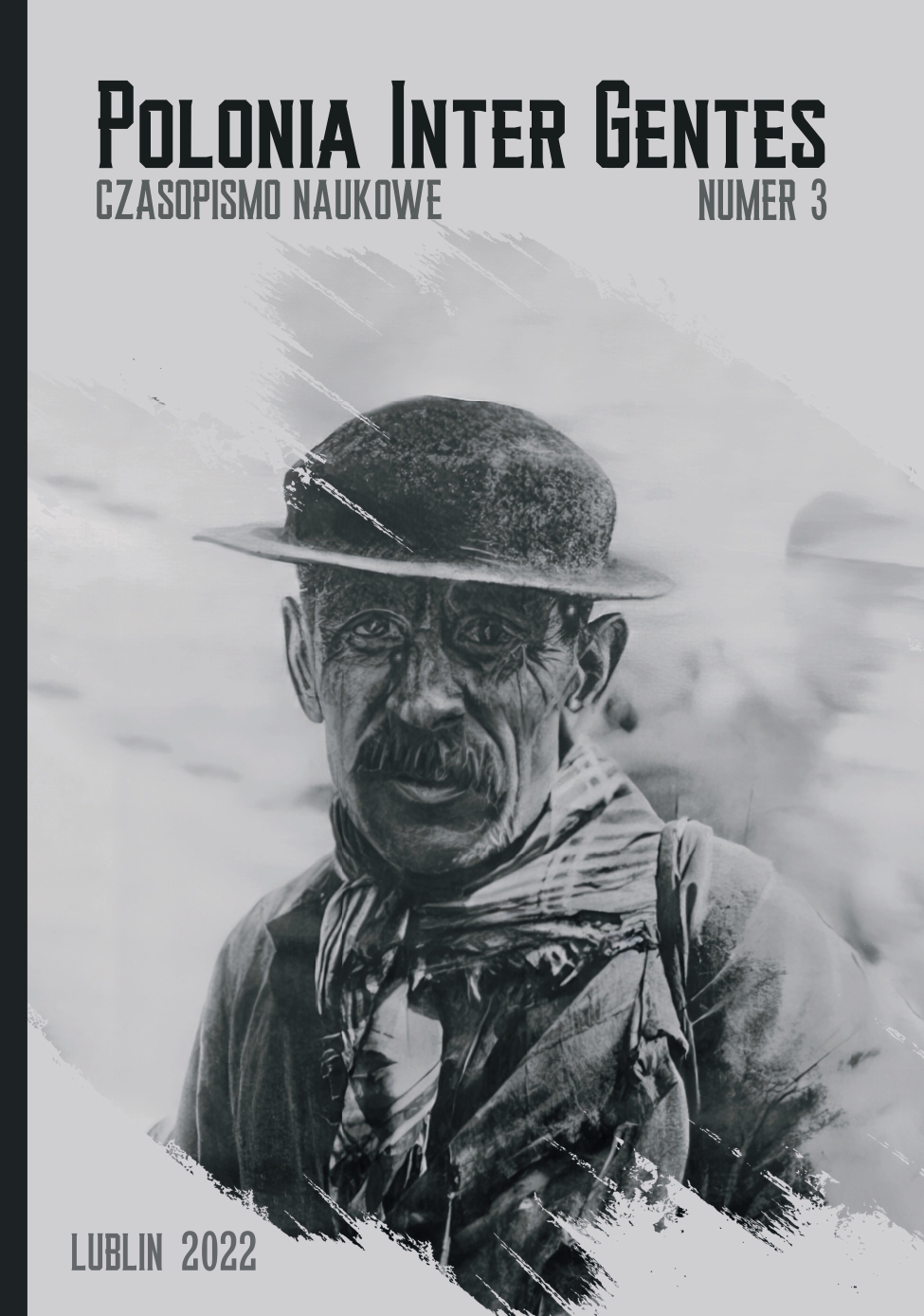
Język polski na Ukrainie – stan, status, edukacja
W artykule zostały przedstawione dotychczasowe badania nad językiem polskim na Ukrainie w aspekcie językoznawczym oraz socjolingwistycznym. Komentując te badania, autor stawia wiele pytań, m.in. o kryteria narodowości polskiej, o granice polskiej kultury, o rolę państwa polskiego w promocji polskości na Ukrainie, a także o status języka polskiego na Ukrainie w przestrzeni prywatnej (w rodzinach) i publicznej: mediach, Internecie, Kościele katolickim, polskich instytucjach. Język polski na Ukrainie jest językiem obcym, jednak ponad 30-letnie nauczanie języka polskiego (też jako obcego) nie przynosi efektów – co potwierdzają badania autora na Ukrainie oraz obserwacje uchodźców w Polsce. Autor sugeruje zmianę podejścia edukacyjnego: z językowego (komunikacyjnego) na kulturowe, w którym istotne jest doświadczenie kultury, przeżycie, aspekt wychowawczy. Taka edukacja ma przygotować obywateli Ukrainy do emigracji do Polski (i Europy) lub współpracy z Polską na Ukrainie.
More...






